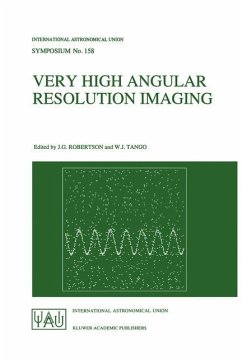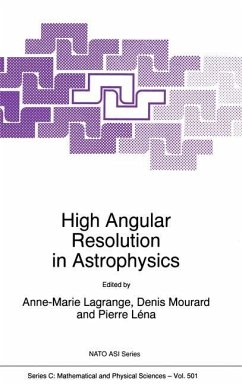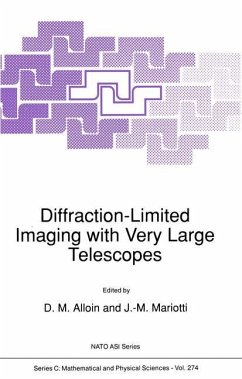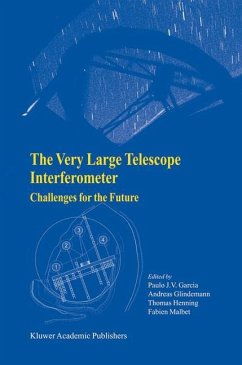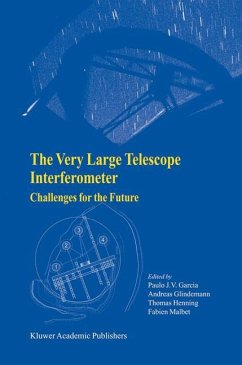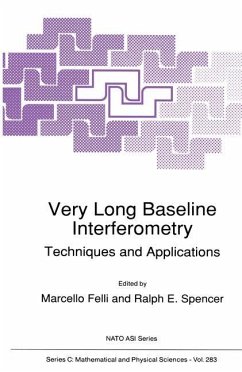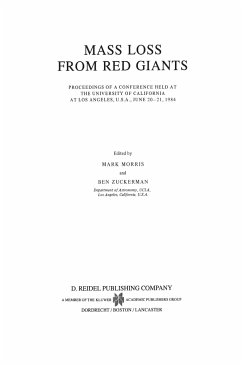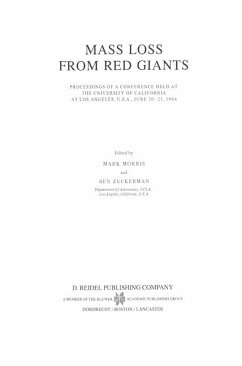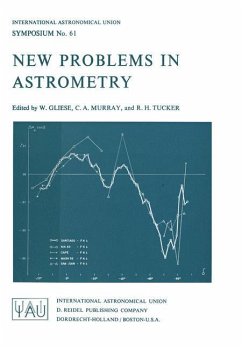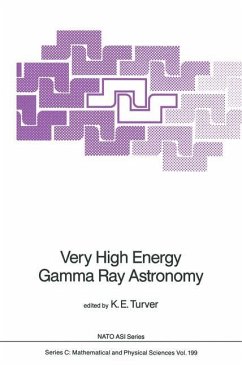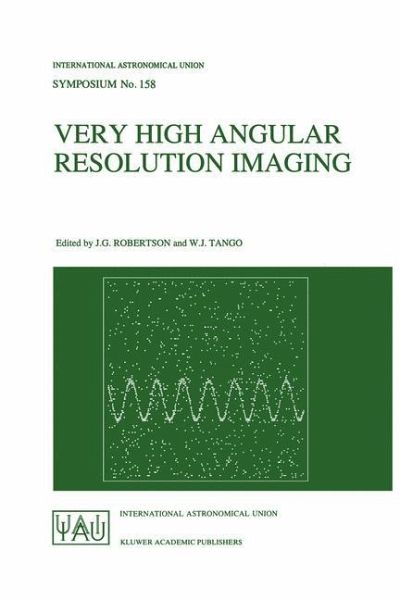
Very High Angular Resolution Imaging
Proceedings of the 158th Symposium of the International Astronomical Union, held at the Women's College, University of Sydney, Australia, 11-15 January 1993
Herausgegeben: Robertson, J. G.; Tango, W. J.

PAYBACK Punkte
77 °P sammeln!
The 1990s are proving to be a very exciting p&iod for high angular resolution astronomy. At radio wavelengths a combination of new array instruments and pow erful imaging algorithms have generated images of unprecedented resolution and quality. In the optical and infrared, the great technical difficulties associated with constructing separated-aperture interferometers have been largely overcome, and many new instruments are now operating or are being developed. As these pro grams start to produce observational results they will be able to draw extensively on the experience gained by the radio-...
The 1990s are proving to be a very exciting p&iod for high angular resolution astronomy. At radio wavelengths a combination of new array instruments and pow erful imaging algorithms have generated images of unprecedented resolution and quality. In the optical and infrared, the great technical difficulties associated with constructing separated-aperture interferometers have been largely overcome, and many new instruments are now operating or are being developed. As these pro grams start to produce observational results they will be able to draw extensively on the experience gained by the radio-interferometry community. Thus it seemed that the time was ripe for a meeting which would bring together workers from all wavelength ranges to discuss the details of the science and art of "Very High Angular Resolution Imaging" . While the main emphasis of Symposium No. 158 was on high resolution tech niques from the radio, mm-wave, infrared and optical bands, it also provided an opportunityfor presentation of astronomical results from these techniques. As well as giving our colleagues from the Northern Hemisphere a break from midwinter, the location of the Symposium in Australia recognised the continuing development of astronomical interferometry in this country, especially the recent completion of the Australia Telescope radio array, and the progress toward com missioning of the Sydney University Stellar Interferometer. A number of the par ticipants visited these instruments during the post-symposium tour.



